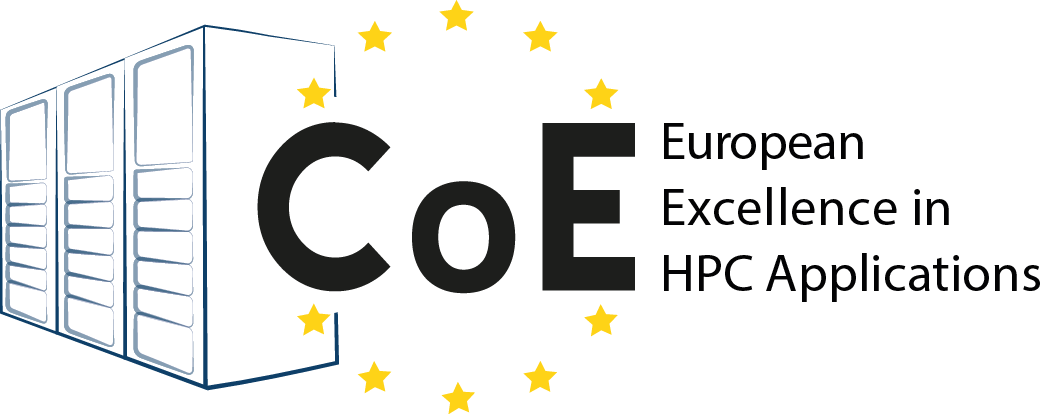Meeting the challenges of tomorrow – at scale
With the help of a multi-million funding programme for applications in High Performance Computing, the European Commission aims to address European societal, economic and scientific challenges.
From computing the reduction of noise and fuel for passenger airplanes to assessing the effects of climate change – Applications in High Performance Computing (HPC) help tackle some of the world’s biggest societal, scientific, and economic challenges. The development of the next generation of supercomputing systems – exascale systems, with computing speeds a billion times higher than current desktop computers – targets the future needs of such applications. However, enabling these applications to effectively use ever larger (and increasingly complex) computing systems is a major milestone which has yet to be achieved, keeping in mind that the first pre-Exascale machines will be available in Europe in 2020 according to the announced EuroHPC strategy.
After an investment of 42 M€ in 2015, the European Commission confirmed its support with an additional budget of 74 M€ in December 2018 resulting in 10 operational European HPC Centres of Excellence (CoEs) for computing applications. Achieving excellence in HPC Applications takes a pivotal place – it is the applications that deliver solutions to the aforementioned challenges – in the European HPC Ecosystem alongside the development of Exascale technologies and provision of access to extreme-scale infrastructure. Simultaneously, FocusCoE has been selected as a Coordination and Support Action (CSA) in order to support these CoEs in their mission to contribute to a globally competitive HPC ecosystem. The launch of the new HPC Centres of Excellence continues to support the key role of applications and this is expected to be a crucial element within the EuroHPC Programme.
General Assembly to shape strategic collaboration
In a Workshop organized by FocusCoE on 21st February in Frankfurt, all European HPC CoEs came together to discuss cross-community collaboration, common training activities and concerted outreach to support industry. As one of the main outcomes of the workshop, the establishment of the EU HPC CoE General Assembly was initiated, a body comprising CoE members and other strategic partners. The General Assembly will allow EU HPC CoEs to collaboratively define a strategy for contributions to the EU HPC Ecosystem and plan its implementation.
FocusCoE aims to channel information on CoE contributions to important societal, scientific, and economic challenges across Europe and thus give EU HPC CoEs a unified voice, creating a common understanding of the importance of HPC applications across public, academic, and industrial stakeholders. Additional support services of FocusCoE therefore comprise promotion, support for industrial outreach and business development, and providing cross-area training to the CoEs.
Identifying these cross-area intersections was one of the main objectives of the first EU HPC CoE workshop in Frankfurt. Many CoEs address specific HPC application areas such as Life Sciences, Earth Sciences, Material Sciences, and Engineering. However, other CoEs focus on computational approaches as tools to address challenges across multiple application areas, such as Machine Learning, Code Performance Optimization, and Data Analytics. “With the help of the GA and other support activities”, project coordinator Guy Lonsdale states, “we aim to bring these competences together and support the CoEs to find synergies that help them more effectively fulfill their pivotal role within a globally competitive EU HPC ecosystem”. In the coming months, the CoEs will work together towards their common goal to make today’s largest-scale applications fit for tomorrow’s challenges.
